Posted on 12/13/2024
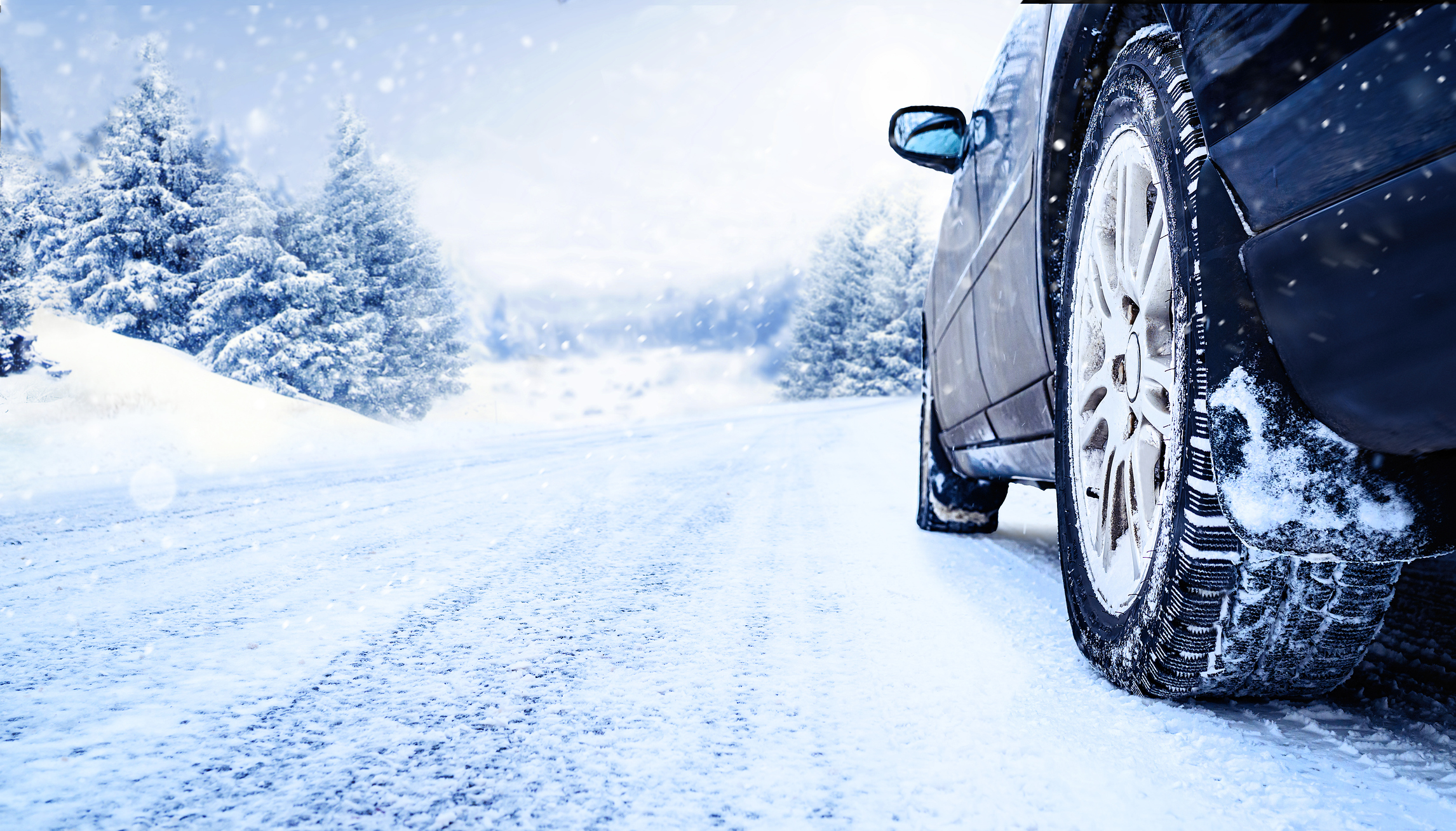
As the days grow shorter and temperatures drop, it’s time to prepare your vehicle for the demands of winter. Cold weather can be harsh on your car, but with some preparation, you can avoid breakdowns and ensure your ride is reliable no matter the forecast. Here's a checklist of tips to help you keep your vehicle in top shape for the colder months ahead. 1. Check Your Battery Cold weather can drain your battery quickly, especially if it's already a few years old. Before winter hits, have your battery tested to ensure it's strong enough to handle the chill. If it's weak, consider replacing it now to avoid being stranded in subzero temperatures. Also, clean any corrosion from the terminals and check the battery cables for tight connections. 2. Inspect Your Tires Your tires are crucial for traction on icy or snow-covered roads, so it's essential to check their condition before the first freeze. Make sure your tires have suffi ... read more
Posted on 9/20/2024
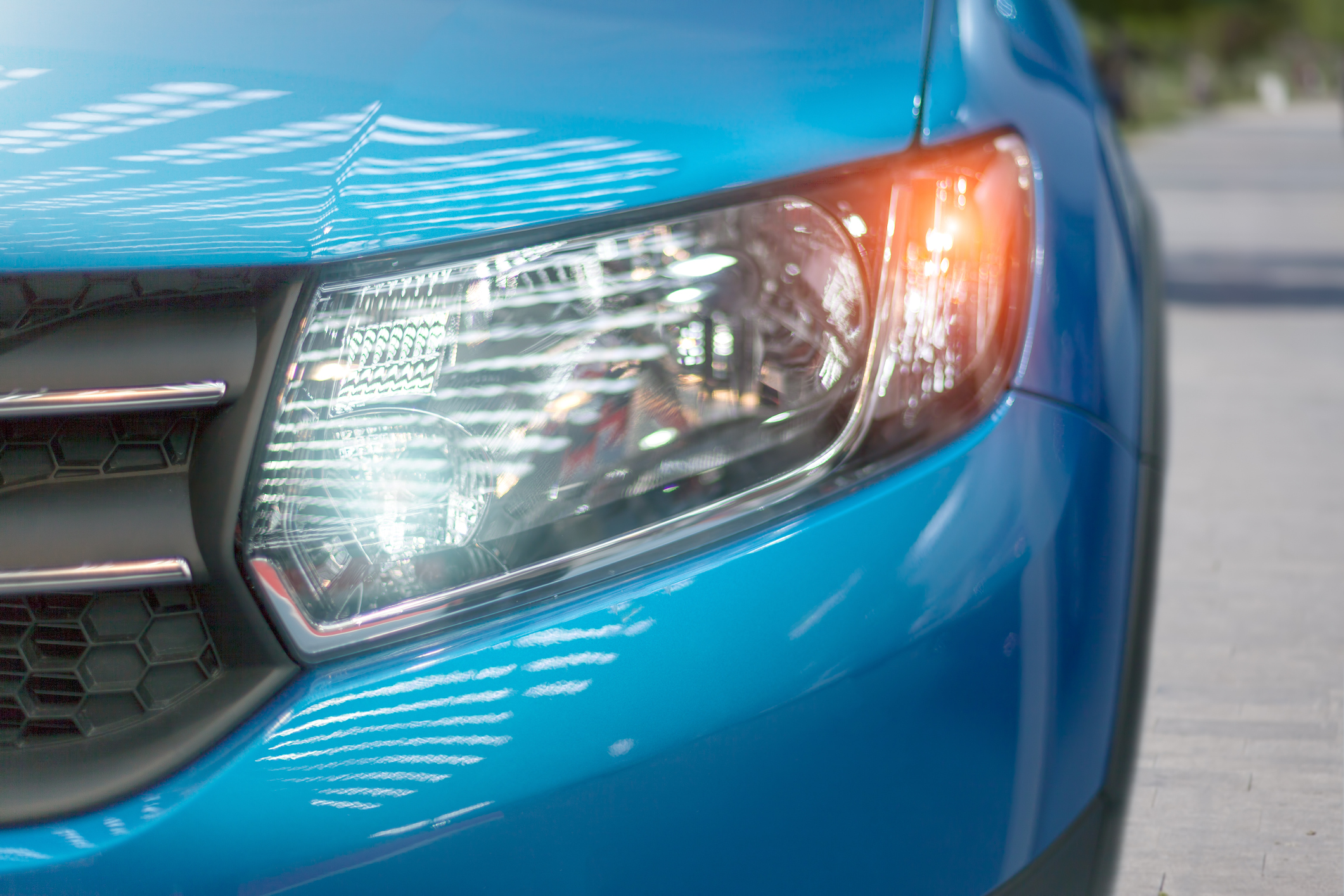
Ensuring your vehicle’s lights and signals function correctly becomes essential as the days grow shorter and the nights come sooner. Whether you're commuting to work, running errands, or taking a road trip, you'll likely be driving more often in low-light conditions during the fall and winter months. Proper lighting not only improves your own visibility but also ensures other drivers can see you clearly, reducing the risk of accidents. Here’s a step-by-step guide to checking your exterior lights and signals: 1. Turn on Your Headlights Start by turning on your headlights. Check your low and high beams to ensure they are bright and functioning correctly. If the light looks dim or uneven, it may be time to replace the bulbs or adjust the alignment. Poor lighting can significantly affect driving at night, especially on roads without adequate street lighting. 2.\Inspect Brake Lights Brake lights are critical for signaling to other drivers when you're slowi ... read more
Posted on 7/18/2024
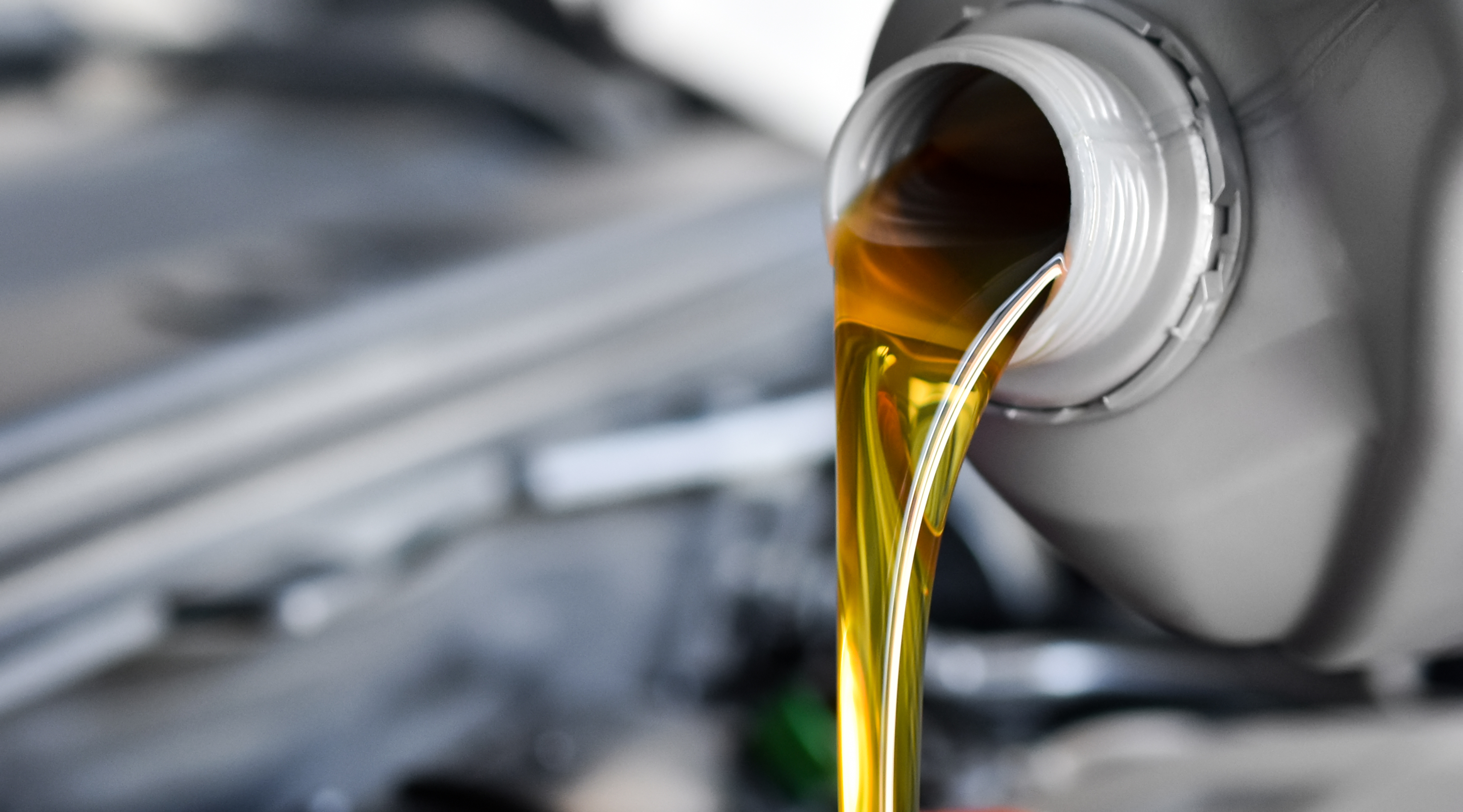
Seasonal weather shifts often lead to low engine fluids, as they thin or evaporate in warm temperatures. As summer approaches, it is crucial to ensure your car's fluids are optimal to maintain performance and avoid potential damage. Critical fluids to check include transmission, power steering, coolant, and windshield wiper. Why Check Your Coolant Fluid? Coolant fluid is vital during summer because it prevents your car's engine from overheating. Here's a simple guide to help you check your car's coolant level: Steps to Check Your Coolant Level 1. Open the Hood: Ensure your car is parked on a flat surface and the engine is cool. 2. Locate the Coolant Reservoir: Find the coolant reservoir, which is usually a translucent tank with a cap labeled with ""coolant" or ""antifreeze." 3. Undo the Cap: Carefully remove the cap from the coolant reservoir. 4. Check the Coolant Level: Look at the indicator lines on the side of the reservoir to see if ... read more
Posted on 6/20/2024
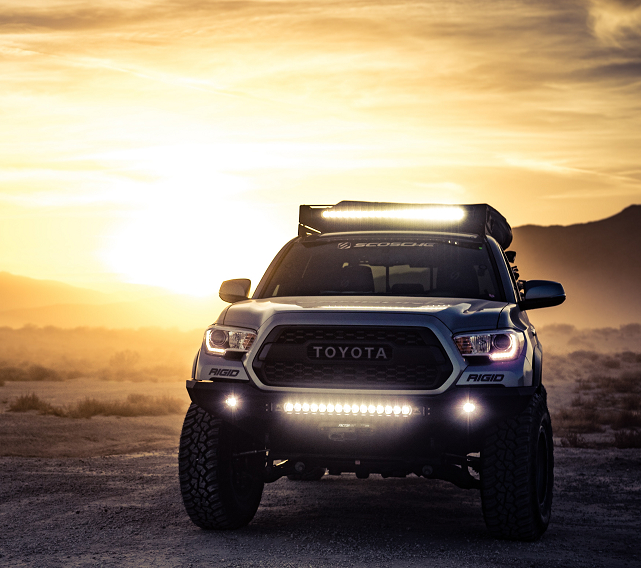
Summer Heat and Your Car's Tire Pressure: Why It Matters As the summer sun beats down, it's not just you feeling the heat – your car is, too! Tire pressure is a critical but often overlooked aspect of car maintenance during the summer months. Why does it matter so much, and how can Bret's Autoworks help keep you rolling smoothly? Why Tire Pressure Matters Tire pressure is crucial for several reasons, especially in hot weather: 1. **Safety First**: Properly inflated tires ensure better traction and handling, reducing the risk of accidents, particularly on hot, dry roads. 2. **Fuel Efficiency**: Underinflated tires increase rolling resistance, meaning your car needs to work harder and burn more fuel – not ideal during summer road trips. 3. **Tire Longevity**: Correct pressure helps tires wear evenly, extending their lifespan and saving you money in the long run. Summer Heat and Tire Pressure Hot temperatures c ... read more
Posted on 5/30/2024

As summer approaches, it's crucial to ensure your car is ready to handle the heat and long road trips. At Bret's Autoworks, we’re committed to helping you keep your vehicle in top shape. Follow these essential car maintenance tips to ensure a smooth and safe summer driving experience. 1. Check Your Cooling System The cooling system is vital during summer to prevent your engine from overheating. Make sure to: - Inspect the Radiator: Look for any signs of leaks or corrosion. - Check Coolant Levels: Ensure there’s enough coolant and that it’s in good condition. If necessary, flush and replace it. - Inspect Hoses and Belts: Check for cracks, leaks, or loose connections, as these components can deteriorate faster in hot weather. 2. Air Conditioning System A functioning air conditioning system is essential for comfort during summer drives. Make sure to: - Test the A/C: Run your air conditioning to ensure it’s cooling properly. - Check Refrigerant Level ... read more
Posted on 4/17/2024
In the hustle and bustle of daily life, it's easy to overlook the regular maintenance needs of our vehicles. We often take for granted the smooth rides they provide us until a breakdown occurs, leaving us stranded on the side of the road. This is where the importance of regular vehicle maintenance comes into play, and there's no better partner for this task than the professional technicians at Bret's Autoworks. ### Why Regular Maintenance Matters Imagine your car as a finely tuned machine composed of intricate parts working together seamlessly to get you from point A to point B. Just like any machine, it requires care and attention to keep it running smoothly. Regular maintenance is the key to ensuring your vehicle remains reliable, safe, and efficient. Here are some compelling reasons why regular maintenance matters: 1. **Safety First**: Your and your passengers' safety should always be a top priority. Regular maintenance helps identify and address potential safety ... read more
Posted on 8/23/2023

Tires can wear faster in hot weather due to the following reasons: Rubber becomes softer. The rubber in tires becomes softer in hot weather, which makes it more susceptible to wear and tear. This is because the heat causes the rubber molecules to become more flexible and less resistant to deformation. Tires expand. As the rubber becomes softer, the tires also broaden. This can strain the tire walls and lead to premature wear. More friction. When tires rub against the road surface, there is more friction in hot weather. This is because the heat causes the road surface to become softer and stickier. The increased friction can also lead to premature wear. More frequent braking. Drivers brake more often in hot weather, which stresses the tires more. More debris on the road. Hot weather can cause more debris to accumulate on the road, such as leaves, gravel, and sand. This debr ... read more
Posted on 7/25/2023

High temperatures can have various effects on your vehicle, and it's crucial to take certain precautions to protect your car and ensure your safety during extreme heat. Here are some considerations for dealing with high temperatures and your vehicle: Engine Cooling: High temperatures can put extra stress on your car's engine and cooling system. Make sure your vehicle's cooling system is in good condition and check the coolant levels regularly. If the engine temperature gauge starts to rise above normal, pull over to a safe location, turn off the engine, and let it cool down before continuing. Battery Health: Heat can also affect your car's battery. Hot weather can lead to faster chemical reactions in the battery, which can cause it to degrade more quickly. Keep the battery and its terminals clean and free of corrosion, and if your battery is more than a few years old, consider having it tested to ensure it's in good working condition. Tire Pressure: High temperat ... read more
Posted on 6/27/2023
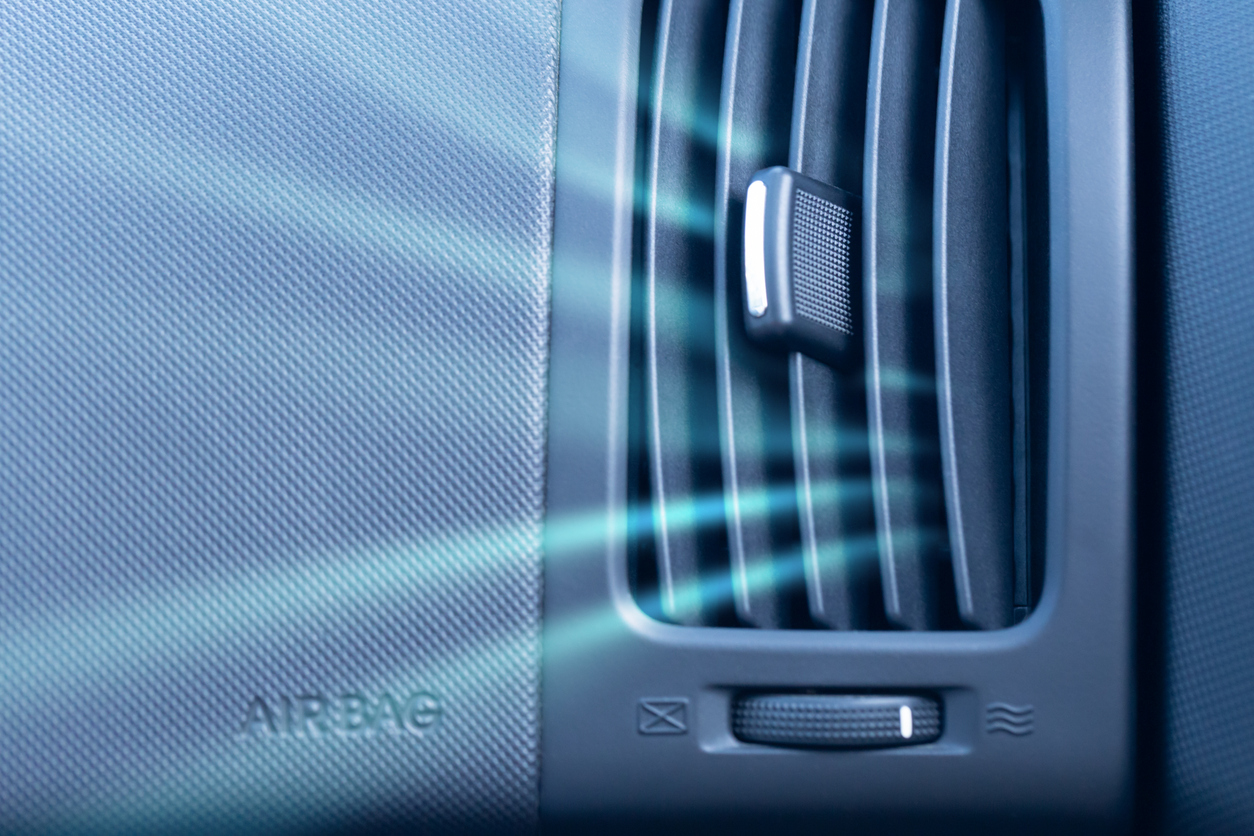
To protect your car's AC and optimize its performance in hot weather, you can follow these tips: Park in shaded areas: Whenever possible, park your car in shaded areas or use a sunshade to reduce the amount of heat entering your vehicle. This will help prevent excessive strain on the AC system when you start the car. Use a windshield sunshade: Placing a reflective sunshade on your windshield when parking can significantly reduce the temperature inside your car. This will make it easier for the AC system to cool down the interior when you start driving. Crack the windows: Before entering your car, crack the windows slightly to allow hot air to escape. This will help reduce the initial temperature inside the vehicle and ease the load on the AC when you start it. Ventilate the car before turning on the AC: Open all the windows and let the hot air escape for a few minutes before switching on the AC. This will help expel the built-up heat, allowing the AC to cool the interior more e ... read more
Posted on 2/20/2023
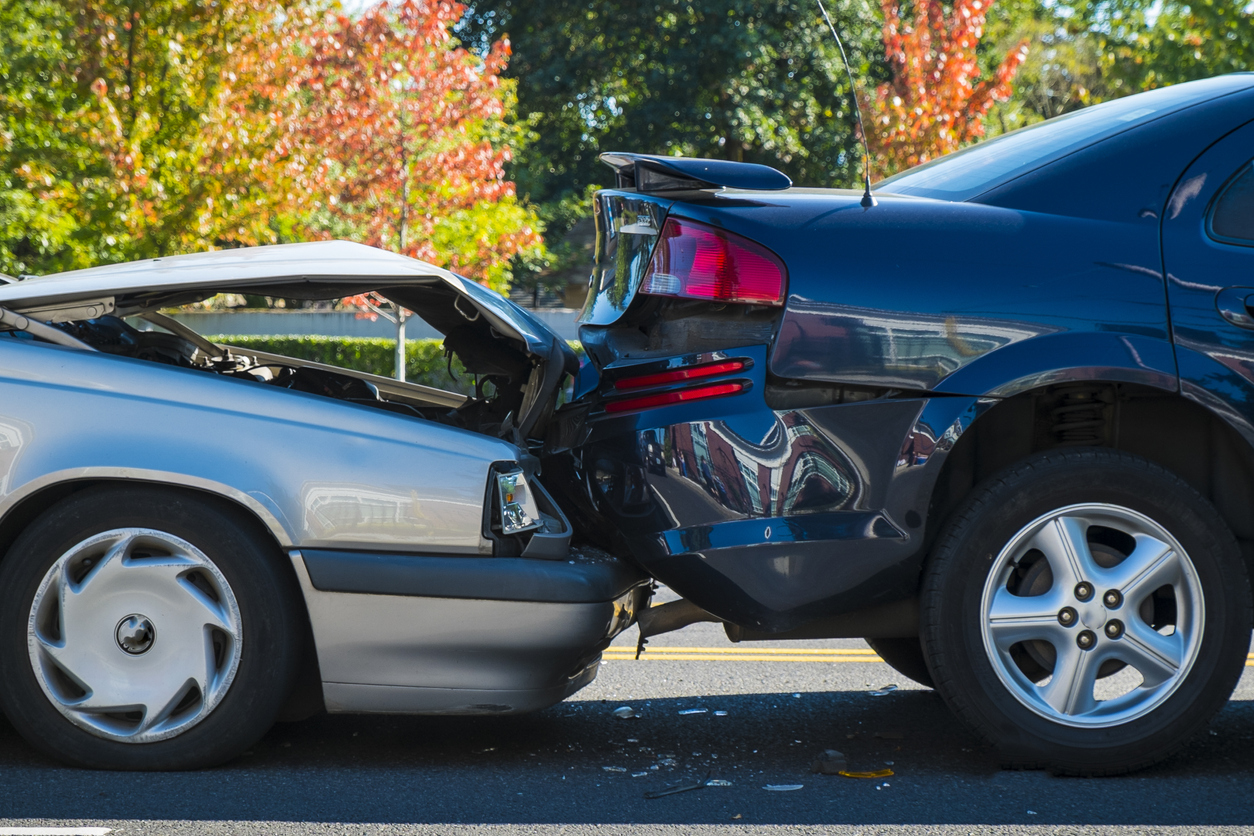
Your brakes are one of the most critical parts of your car, so it's essential to keep them in good working condition. But how can you tell when they need to be replaced? There are a few warning signs you can watch out for: 1. Your brake pedal feels spongy when you press it. 2. Your car takes longer than usual to stop. 3. You hear grinding or squealing noises when you brake. 4. Your brakes feel unresponsive. 5. Your car pulls to one side when you brake. If you notice any of these warning signs, it's time to take your car to a mechanic and have your brakes checked out. Don't wait until they fail - it could be too late